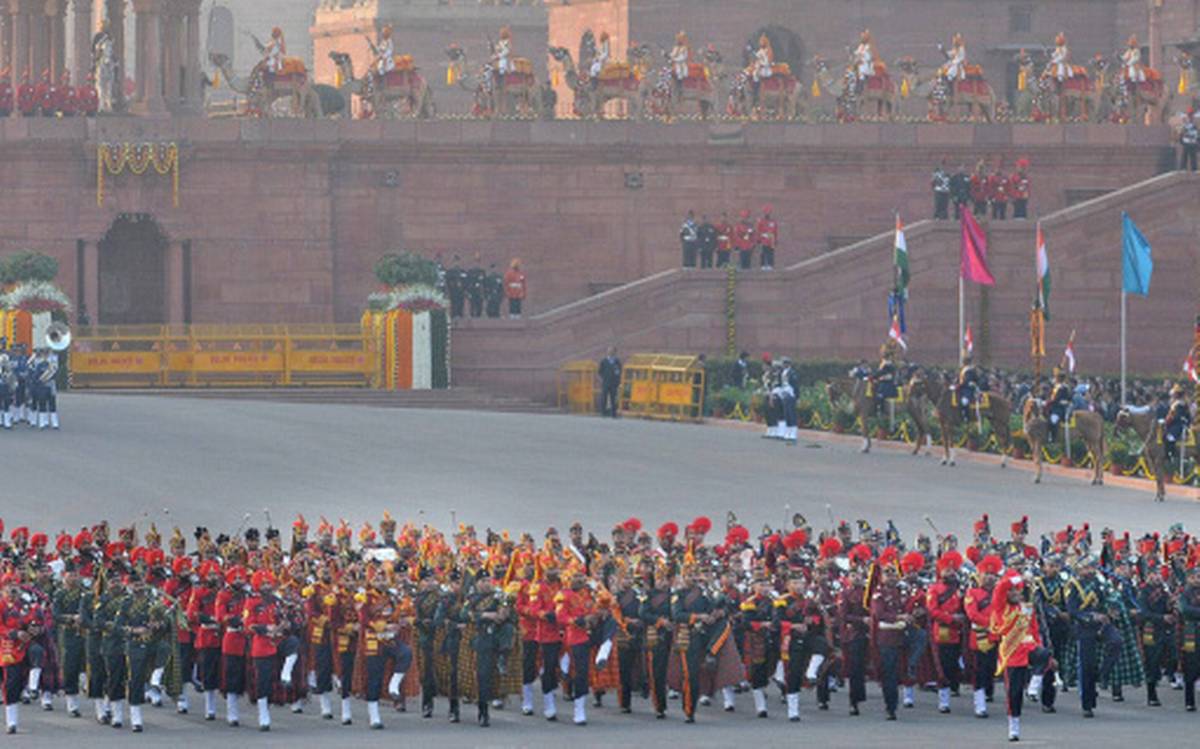
In what could be viewed as yet another example of the regime’s intolerance, “Abide with me” a Christian hymn that was a favourite of none other than Matatma Gandhi, has been dropped from Republic Day celebrations.
The hymn was written by Scottish poet Henry Francis Lyte in the nineteenth century and composed by William Henry Monk. Since 1950, this is the only western piece of music played at the Beating Retreat every year during Republic Day celebrations. A video of the hymn being played in 2015 may be viewed here:
When asked about the reason for the sudden decision a Defence Ministry official told Deccan Herald, “Its a routine change. We are including new tunes.” But The Print quoted two sources within the government to say that the move came after a decision to focus more on “Indian” tunes.
“There is an increased focus on more and more Indian tunes,” said the first source to The Print. “Beating the Retreat has gradually been ‘Indianised’ by the infusion of certain non-military instrumental displays such as sitar as well as Indian tunes. Not everyone in the military is happy about this meddling as it is supposed to be a military ceremony with military bands,” the second source added.
But this begs the question, why is a Christian hymn seen as an element of “western influence” and not seen as being an integral part of Indian culture given how Christianity has a 2000-year-old history in India? Apostle Thomas, one of the 12 original apostles of Jesus Christ came to the shores of Kerala as far back as 52 A.D! Since then, Christianity has found a home in India and though Christians remain a miniscule minority as less than 2 percent of the population, the community has contributed significantly to the development of science, technology, education, journalism, law and medicine. Many Christians were as the forefront of the Indian freedom struggle and countless Christians even serve in the nation’s defence forces. For Christian culture to be still seen as an “outside influence” therefore reeks of anti-minority prejudice.
